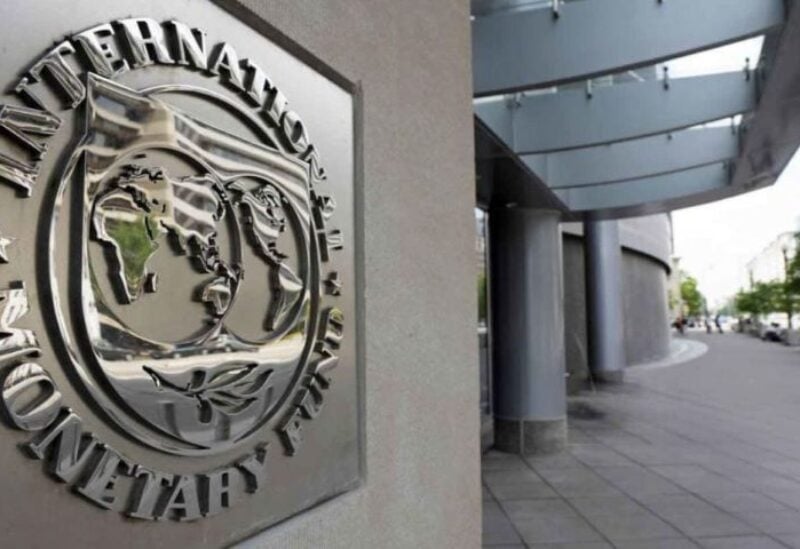
International Monetary Fund (IMF)
To design a worldwide economic recovery in 2022, the International Monetary Fund urged policymakers to focus on three goals.
According to the Washington-based lender, they include broader efforts to combat the economic implications of Covid-19, the calibration of monetary tightening to suit the individual conditions of each country, and a shift in attention to fiscal sustainability.
Since the IMF announced its most recent World Economic Outlook estimates in January, the global economic recovery has slowed due to high uncertainty and increased risks, according to IMF chief Kristalina Georgieva in a blog post accompanying a report released on Wednesday.
“As a result of the Omicron variant and ongoing supply chain disruptions, economic indicators have continued to hint to weaker growth momentum.” In many nations, inflation has been greater than projected, financial markets have remained turbulent, and geopolitical tensions have risen substantially. As a result, we require strong international cooperation as well as exceptional agility,” Ms Georgieva stated.
The fund reduced its global economic growth forecast for 2022 to 4.4 percent in January, down half a percentage point from its October estimate and below last year’s predicted 5.9% expansion.
The global economy began 2022 in a poorer state than expected. At the end of last year, the rapid spread of the Omicron coronavirus strain caused financial market turbulence.
Supply interruptions have weighed on activity, and inflation has risen faster than expected.
According to the IMF, the 0.5 percentage point reduction in economic output for 2022 is mostly due to projection revisions in the US and China, the world’s two largest economies.
Global output losses from the pandemic are expected to total $13.8 trillion by 2024, according to Ms Georgieva.
“Our best defense is to shift our focus away from vaccines and toward ensuring that every country has fair access to a comprehensive Covid-19 toolset that includes vaccines, testing, and treatments,” she said.
“Keeping these instruments up to date as the virus changes would necessitate continual investments in medical research, disease surveillance, and health systems that reach every community’s last mile.”
The IMF has requested $23.4 billion in upfront money to enable the World Health Organization’s Access to Covid Tools (ACT) Accelerator, a collaboration established to help the global community obtain the tools needed to combat the virus, close a financial deficit.
Increasing resilience — both to potential novel coronavirus strains and future pandemics that could pose systemic concerns — requires improved coordination between G20 finance and health ministries, according to the lender.
The IMF said ending the pandemic will help to repair the wounds from “economic long-Covid,” citing “severe disruptions” to businesses, labor markets, and the $17 trillion in learning loss suffered by kids and students around the world.
“A strong policy response is required. Increased social expenditure, reskilling programs, teacher remediation, and student tutoring will help countries get back on track and create resilience to future health and economic difficulties, according to the IMF director.
Despite the fact that inflationary pressures have been developing in many countries, prompting calls for monetary policy tightening, the IMF stressed the importance of tailoring policies to individual nation conditions.
Any policy adjustment must be communicated clearly to maintain financial stability at home and abroad, according to the lender.
“If most G20 countries’ negative real interest rates unexpectedly tighten, emerging and developing countries must be prepared for possible capital flow reversals,” Ms Georgieva warned.
“In order to prepare for this, debtors should prolong debt maturities as soon as possible, while limiting the growth of foreign currency obligations.”
As countries recover from the pandemic, the IMF also recommended them to carefully modify their budgetary policies.
Global debt levels have risen as a result of extraordinary budgetary measures. The year 2020 saw the highest one-year debt increase since World War II, with global debt — both public and private — reaching $226 trillion dollars.